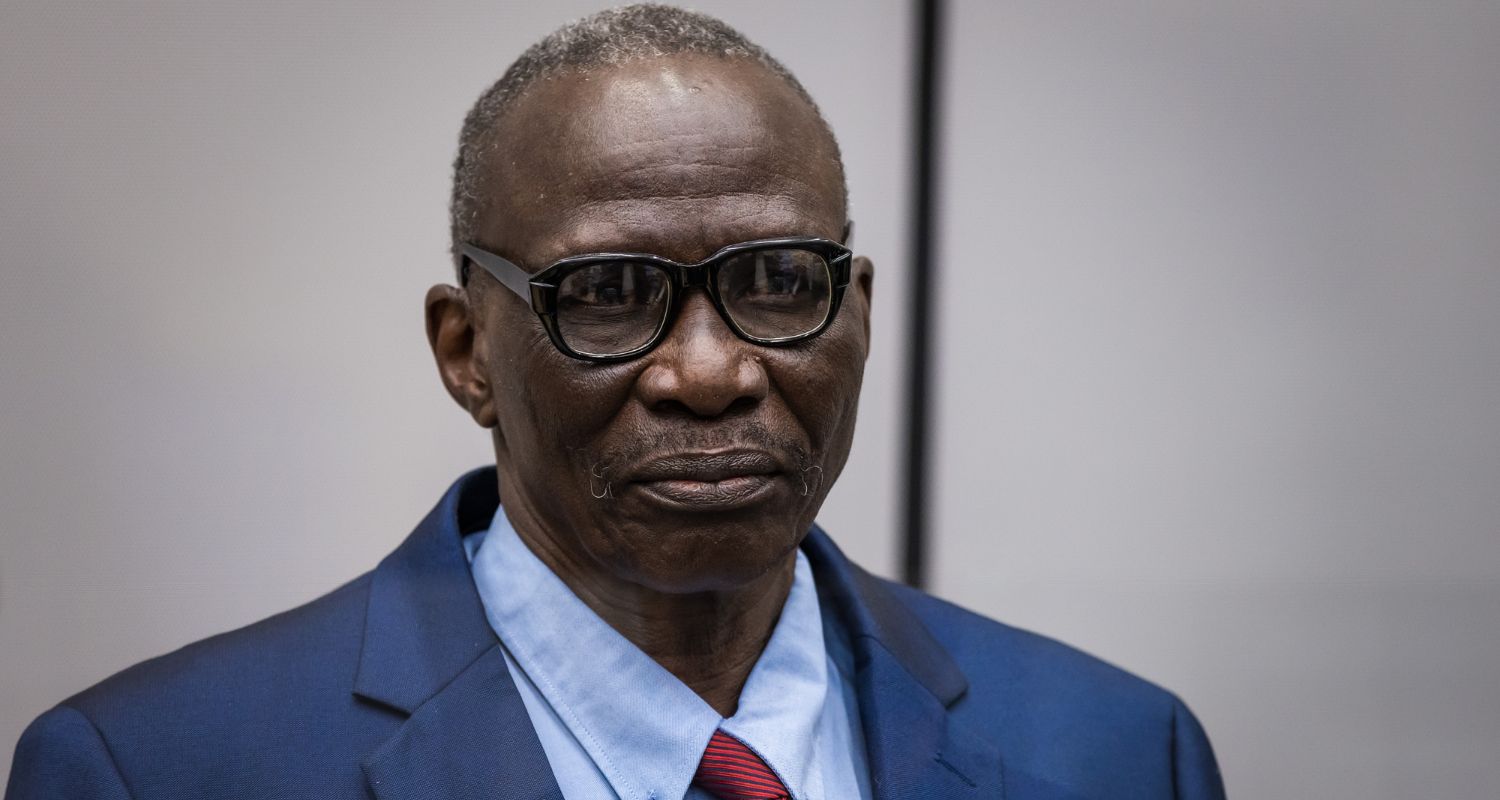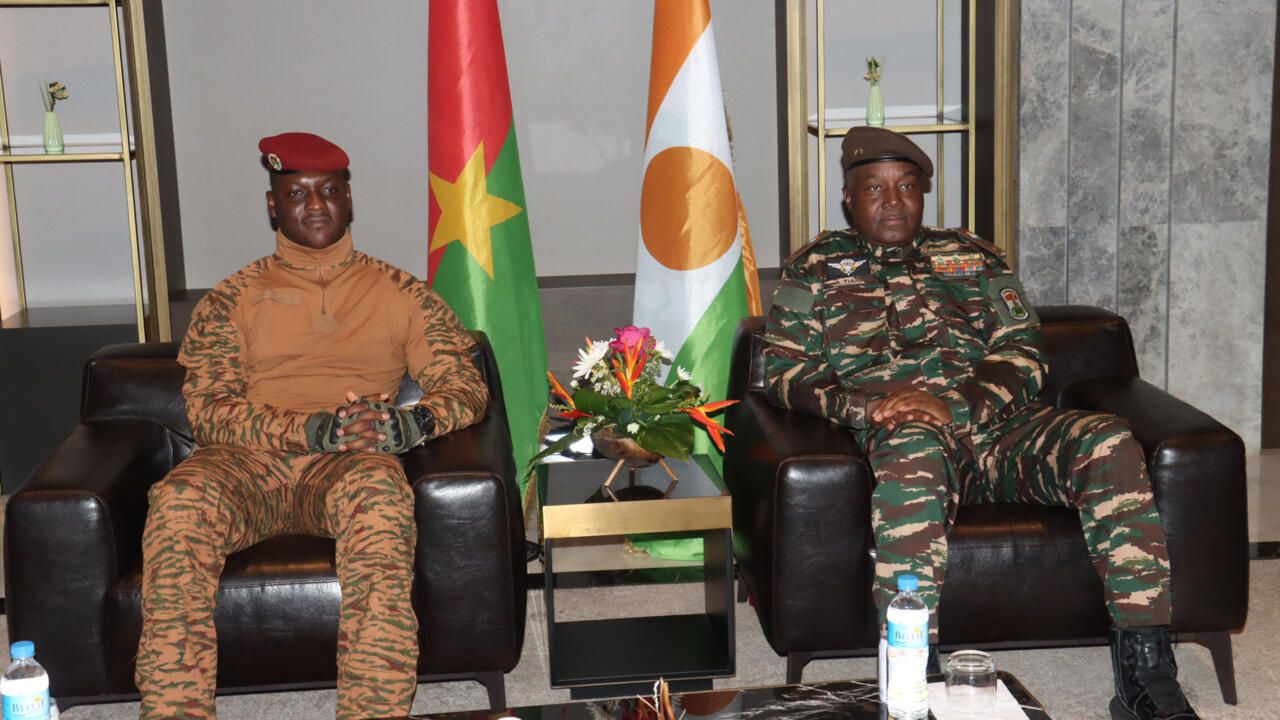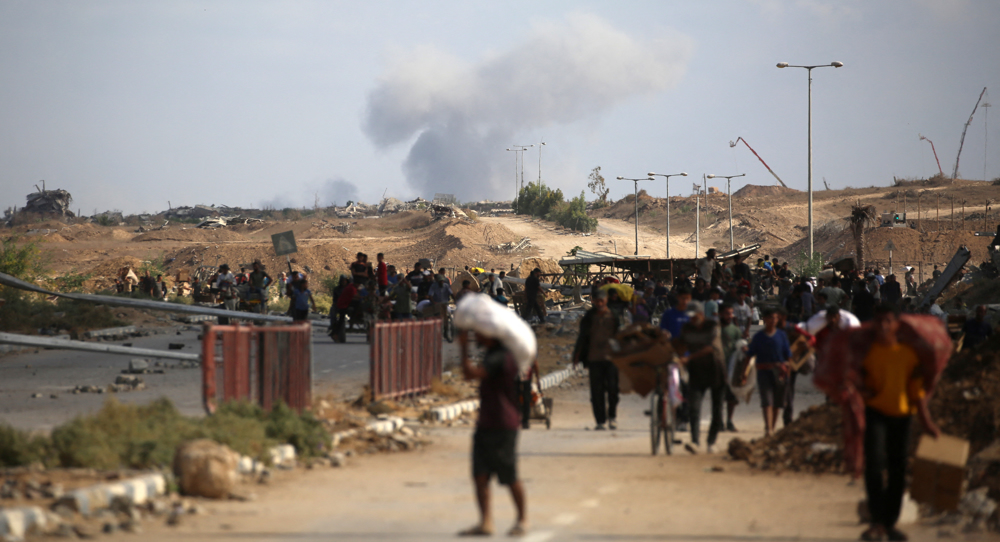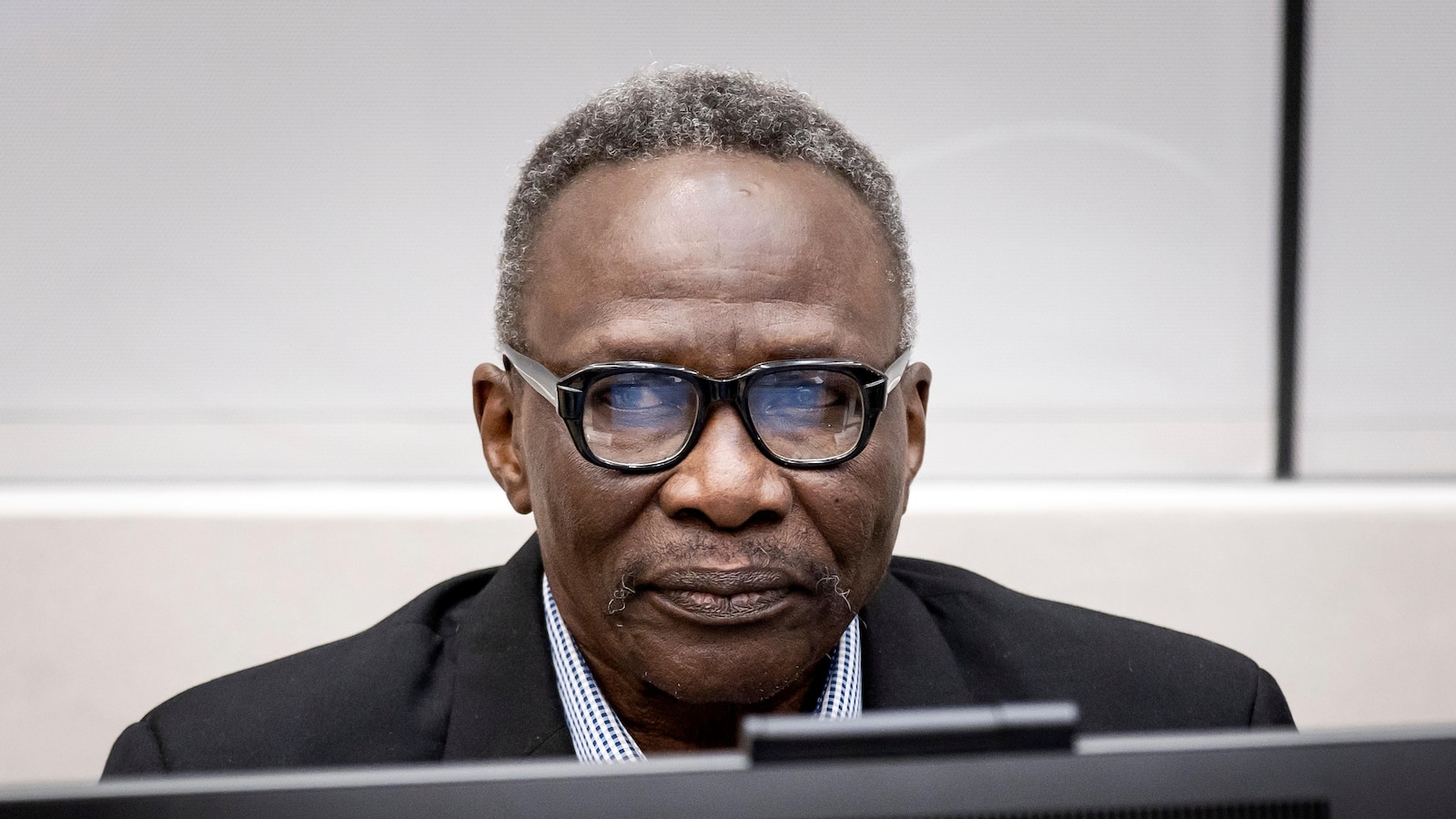Humanitarian Crisis Deepens in Besieged El Fasher, Sudan
The humanitarian crisis in El Fasher, North Darfur, is escalating as the Rapid Support Forces (RSF) intensify their attacks. Aid agencies, including Medecins Sans Frontieres (MSF), report an increasing number of Sudanese risking their lives to escape the besieged city.
Escalating Displacement and Dire Conditions
Romain Madjissembaye, the MSF project manager in Tawila, a major hub for the displaced about 60 kilometres west of El Fasher, noted a surge in arrivals. "The numbers are still increasing [from] mid August up to now," he said. Last week, they witnessed approximately 90 people arriving in critical condition, suffering from malnutrition, gunshot wounds, and facing executions along the escape routes. An estimated 260,000 civilians, including 130,000 children, remain trapped in El Fasher, which has been under siege for over 500 days.
Grim Reality Inside El Fasher
Reports from within El Fasher paint a horrific picture. Some media outlets indicate residents are resorting to eating animal feed for survival. MSF withdrew from El Fasher in August 2024 due to escalating security concerns. "The situation became very, very tricky," Madjissembaye explained, citing security issues and bombings that endangered their team and patients. Doctors in the city's last functioning hospital are reportedly using mosquito nets as wound dressings due to the severe lack of medical supplies.
Testimonies of Suffering
Those who manage to reach Tawila provide crucial information about the situation inside El Fasher. One man, who arrived with gunshot wounds, recounted doctors using mosquito nets for dressings. Another described the dire conditions at the hospital: "He found many patients [with] bullets in their body. Some of them required amputation. But there are few medical doctors [left]. And they also ran out of medicine." There are also numerous reports of rape and abuse against women fleeing El Fasher.
Tawila: An Epicenter of Humanitarian Catastrophe
Tawila has transformed into a massive refugee camp housing hundreds of thousands displaced from El Fasher and the Zamzam displacement camp. UN humanitarian co-ordinator Denise Brown described Tawila as "one of the epicentres of a humanitarian catastrophe." Highlighting the difficulties in delivering aid, she stated, "It took us five days, through three countries, three different airplanes and three days of driving. We had to go around because there are so many frontlines within Sudan," before pleading: "Stop the violence, stop the war, let us through."
The Broader Context of the Sudanese Conflict
Sudan has been embroiled in a devastating war since April 2023, triggered by a power struggle between two generals. The RSF is battling the Sudan Armed Forces (SAF), with the RSF controlling most of Darfur and neighboring Khordofan, while the SAF holds the north and east. After the SAF recaptured Khartoum, the RSF focused its efforts on El Fasher, the last SAF stronghold in Darfur. Reports indicate civilian gathering points, like communal kitchens, are increasingly targeted by RSF shelling, and a recent drone attack on a mosque killed over 70 people.
"An Open Morgue" and a Looming Catastrophe
A co-ordinating group of "resistance committees" in El Fasher described the city as "an open morgue," highlighting deliberate and indiscriminate shelling targeting markets and hospitals. Despite its limited media coverage, Sudan is the largest humanitarian crisis globally, with over 12 million people displaced since spring 2023, according to the United Nations. Aid agencies fear an even greater humanitarian catastrophe if the RSF overruns the city. MSF's capacity is already at its limit, and aid convoys face enormous challenges, often being stopped or targeted by militants.
The Evolving Technology of Horror
Both sides in the conflict are accused of atrocities. The RSF, led by General Mohamed Hamdan Dagalo, evolved from the notorious Janjaweed militias accused of genocide in Darfur in the early 2000s. Recently, the International Criminal Court convicted Ali Muhammad Ali Abd-al-Rahman, a Janjaweed leader, of crimes against humanity. Dr. Mukesh Kapila, the UN's representative in Sudan in 2003-2004, asserts that the current brutality surpasses past horrors due to the "technology of horror" evolution. He notes the shift from "camels and horses and land rovers and Toyotas" to drones, missiles, and better-targeted weaponry with mass area effects.
 Visit the website
Visit the website






